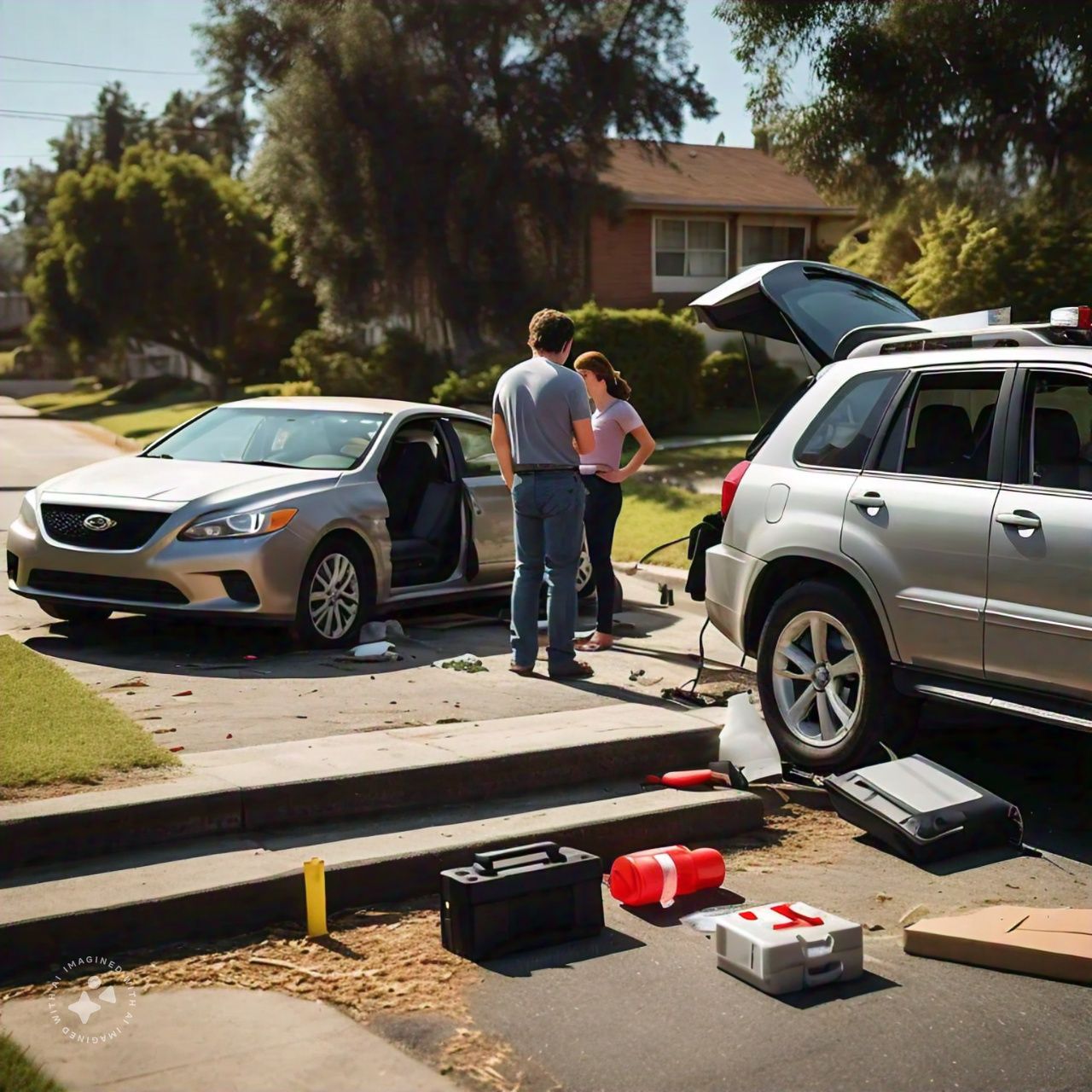A car accident can be a traumatic experience, but knowing what steps to take immediately afterward is crucial for protecting your health and your legal rights. Whether you’re dealing with minor injuries or a serious collision, following these steps can help you secure the evidence you need to support a potential personal injury claim and ensure that you are fairly compensated.
1. Ensure Safety and Check for Injuries
The first step after any accident is to ensure your safety and the safety of others involved. If possible, move your vehicle out of the way of traffic. If it’s not safe or the damage is severe, turn on your hazard lights and remain inside the car until help arrives.
- Check for injuries: Assess whether you or anyone else in the vehicle is hurt. If injuries are present, call for emergency medical help immediately.
- Prioritize health: Even if injuries seem minor, it’s important to get medical attention as soon as possible. Some injuries, like whiplash or internal injuries, may not be immediately apparent.
2. Call the Police
Contact the police, even if the accident seems minor. An official police report can be essential when filing an insurance claim or if you need to take legal action later.
- Police report: The responding officers will document the scene, interview witnesses, and prepare an official accident report. Be sure to ask how you can obtain a copy for your records.
3. Gather Evidence
Documenting the scene is one of the most important steps you can take to protect your legal rights. The more information you collect at the scene, the better your chances of building a strong personal injury case.
- Take photos: Use your smartphone to take pictures of the accident scene, including vehicle damage, road conditions, traffic signs, and any visible injuries.
- Collect contact information: Exchange names, phone numbers, and insurance details with the other driver(s). Additionally, gather contact information from any witnesses to the accident.
- Record details: Write down as many details about the accident as you can, including the time, date, weather conditions, and what you were doing just before the crash. This can help clarify events when filing a claim or working with your lawyer.
4. Avoid Admitting Fault
Be mindful of your words when speaking to the other driver, police officers, or witnesses. Even if you feel partially responsible, avoid making statements that could be interpreted as an admission of fault. It’s important to let the insurance companies and legal experts determine liability based on the facts.
5. Seek Medical Attention
Even if you feel fine immediately after the accident, it’s important to seek medical attention to ensure that no injuries have been overlooked. Medical records serve as crucial evidence if you decide to file a personal injury claim later.
- Document medical treatment: Keep track of all medical appointments, treatments, and related expenses, as these will be necessary for determining compensation in a personal injury claim.
6. Report the Accident to Your Insurance Company
Notify your insurance company about the accident as soon as possible. Provide them with the details you gathered at the scene and cooperate with their investigation. However, be cautious when speaking to the other driver’s insurance company, as they may attempt to reduce or deny your claim.
7. Consult with a Personal Injury Lawyer
If the accident resulted in injuries or significant damage, it’s advisable to consult with a personal injury lawyer. An experienced attorney can help you understand your rights, navigate the legal process, and negotiate with insurance companies to ensure you receive fair compensation.
- Statute of limitations: Keep in mind that there is a time limit (known as the statute of limitations) for filing a personal injury claim after a car accident. A lawyer can advise you on the deadlines in your state and guide you through the legal process.
Conclusion
Taking these steps immediately after a car accident can make a significant difference in protecting your legal rights and ensuring you receive the compensation you deserve. By documenting the scene, avoiding fault, seeking medical attention, and consulting with a personal injury lawyer, you’ll be well-prepared to handle the legal complexities that follow an accident.
